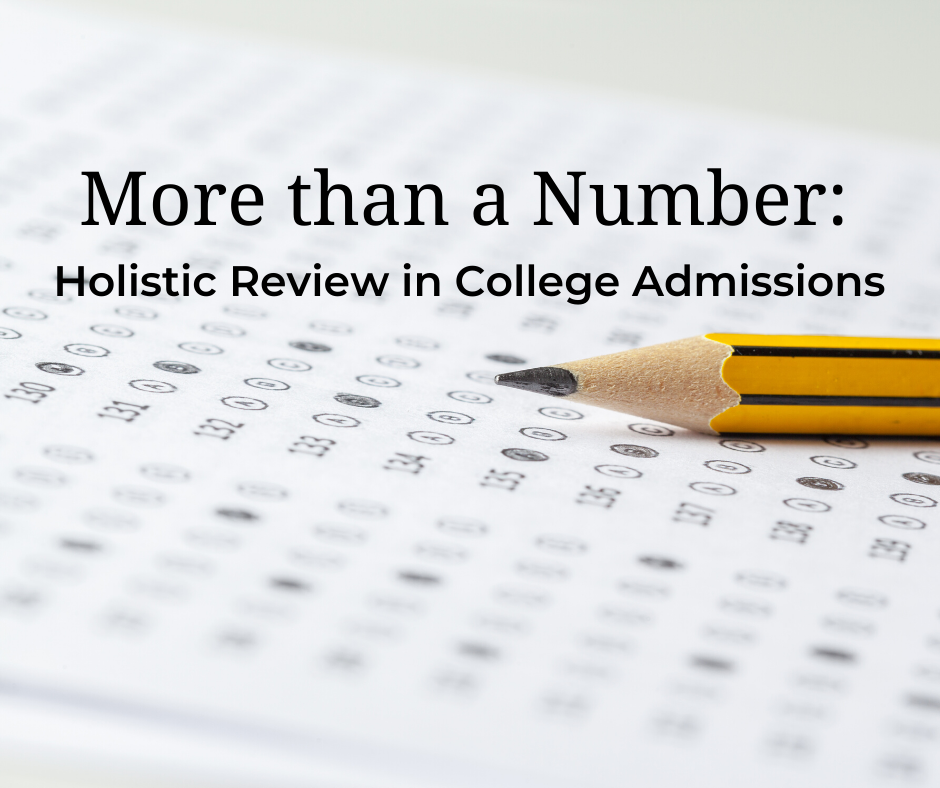I recently published my latest book, Late Bloomers: The Power of Patience in a World Obsessed with Early Achievement. Below is a question-and-answer session I did with Psychology Today soon after the book’s release. I’ve edited it exclusively for "Navigating Your Child's Education: Blog for Parents." I am also coming to central Ohio on Thursday, February 13, 2020 to speak to parents on this topic. Click on the picture below for more information.
I am a Christian by belief, but I wrote Late Bloomers as a secular book, in the same way that for 27 years all my Forbes articles have been written for a secular readership. Nevertheless, many Christian readers recognize the source of my voice and thinking about economic topics, and now with my new book, about later-blooming children and adults.
John Ortberg, senior pastor of Menlo Church and author of Eternity Is Now In Session, said this about my book: “We need a national conversation about the insane levels of performance pressure and anxiety our young people carry. We need inspiration about the power of patience in lives that can flourish at their own pace. Rich Karlgaard’s Late Bloomers is brilliant, wonderfully readable and urgently needed. I hope it is read and digested by millions.”
Let’s start with the subtitle, "The Power of Patience in a World Obsessed with Early Achievement." Why do you think the world is obsessed with early achievement?
You can put economic fear at the top of the list. For the last 30 years, the most lucrative careers and entrepreneurial opportunities have been in software and high finance – think Google and Goldman Sachs. How do these rich companies screen for young talent? Elite school admissions and high test scores.
Parents fear their kids won’t succeed in life if they fall off the fast track to success. The billions spent on private tutoring, SAT and ACT prep courses, and college admissions counseling attest to this worry.
And is it the whole world that is so obsessed? Or just certain parts of it, such as most of the technologically advanced parts of the world?
The U.S. is the leader of the pack. According to Leonard Sax, M.D., and author of Boys Adrift and Girls on the Edge, more than 90% of the drugs prescribed to treat ADHD are in the U.S. It’s almost as if we’ve turned a Harvard rejection into a clinical disease. But a former minister of education in Singapore said he’s worried about the same phenomenon. And I heard the same story when I was lecturing at the Chinese University of Hong Kong.
How did we get to this point?
The trend has been building for 30 years, which correlates with the rise of technology companies and investment firms. As mentioned, these two industries screen for high test scores and elite college admissions.
What does science, including the developmental literature, tell us about the nature and trajectory of achievement/success?
A 2015 study led by Laura Germine of Harvard and Joshua Hartshorne of MIT, in partnership with Massachusetts General Hospital, revealed that our brains continue to evolve throughout our lives, assuming we stay healthy and engaged. Some capabilities peak in our twenties, such as working memory and rapid processing speed. Other cognitive capabilities improve throughout middle age, such as empathy and certain kinds of pattern recognition. There is a reason why most effective managers and CEOs are in their thirties and above. Finally, our vocabulary and what you might call wisdom, peak in our sixties and later.
Does it matter that we lose tolerance for the natural course of development?
Absolutely. The rising rates of anxiety, depression and suicide among teens and young adults is nothing short of a public health crisis. The pressure for early achievement is contributing to this crisis. The belief that college is always the best option for every teen has contributed to the $1.5 trillion student debt, with an 11.5% default rate.
The push for early achievement certainly isn’t coming from kids themselves. Where is it coming from?
Let me first say that some kids are gifted by God to be early achievers, and that’s a good thing. The fallacy is believing that every kid will prosper if pushed for early achievement. The push has come from parents – especially professionally educated parents who worry that their own kids won’t do better, or even as well, as they did.
What kinds of things do they do to push for early achievement/success?
Most parents are well-intended, but too many have bought into the current madness that pushing their kids on the conveyor belt of early achievement will produce the best outcomes for the kids. And so rather than simply loving their kids, spending time with them, listening to them, celebrating both their triumphs and failures, they outsource their roles as parents to high-performance professional coaches and tutors.
Why is this bad for kids?
Because kids are deprived of the most valuable opportunities of youth – curiosity and experimentation. One tutor in suburban Los Angeles recommends to parents that their high schoolers “not be allowed to see daylight two years.” The tutor wants kids to sit like robots doing rote learning of one kind or another. This goes against God’s design, in my mind. What kind of good outcome does that produce?
I suspect that parents are pushing their kids early for success because they perceive something fundamental has shifted in the socioeconomic landscape in a highly dynamic world. To what degree do you think they have the right perception but the wrong response?
Just as you say, parents are perceiving correctly and responding wrongly. The economy is very competitive today. Even amidst economic growth, the rewards flow disproportionately into fields like technology, software, and high-end financial services. Average is not acceptable in any career. Above average is no longer enough. Only excellence is a safe harbor. But here is the crucial mistake. Rather than putting kids on a path of discovery where they can discover their own inner excellence and motivation, we put them on a conveyor belt that measures excellence in narrow ways – excellence in taking standardized tests and advanced placement courses. That’s sad and misguided. The world is not an SAT test.
What are some of the consequences?
Among teens, rising rates of anxiety, depression and suicide. Among young adults, higher rates of burnout at work. Among employers, a sense that too many young adults are brittle, uncoachable. It’s no wonder. We’ve robbed their youth. We’ve turned them into performance robots.
What are the real foundations for achievement and success?
In my book, Late Bloomers, I offered a definition of blooming. I suggested that our optimal chances of blooming occur on a path of discovery at the intersection of our God-given gifts, our passions and our purpose. Finding this is a process of discovery. The surest sign that we’re on the right path, moving in the right direction, is that we feel pulled, not pushed. Pulled toward a wonderful divine destiny.
What is your metric of success?
For me, it’s moving in the direction of God’s plan for me. It’s the sense that all my given talents and motivations have been put to good use in the service of His purpose.
Not everyone catches fire at the same time. What gets people “lit” with drive for involvement that may lead to “success”?
Conceptually, it’s finding that intersection of your gifts, passions and purpose. Tactically, it’s learning how to plant yourself in the right environment, with the right friends and colleagues and mentors to help you grow. It’s learning how to welcome, not hide from, your self-doubt.
If you had one bit of advice to offer, what would it be and for whom?
Trust that you have a supreme destiny. If you sense society’s crazy early achievement conveyor belt is not taking you there, jump off the conveyor belt. Join up with God and get on a path of discovery. Become an explorer. Pray, listen and follow your curiosity. Welcome self-doubt as a guide to help you. Never stand still.
Rich Karlgaard is coming to Central Ohio on February 13, 2020, for a community-wide, parent-focused event featuring themes from his new book "Late Bloomers." For more information on "An Evening with Rich Karlgaard" or to register, click here or the image above.
/Logos/Horizontal%20Academic%20Logo%20for%20Light%20Backgrounds.png)
/Logos/Horizontal%20Academic%20Logo%20for%20Dark%20Backgrounds.png)

.png?width=100&height=100&name=Copy%20of%20Blog%20Authors%20(2).png)

